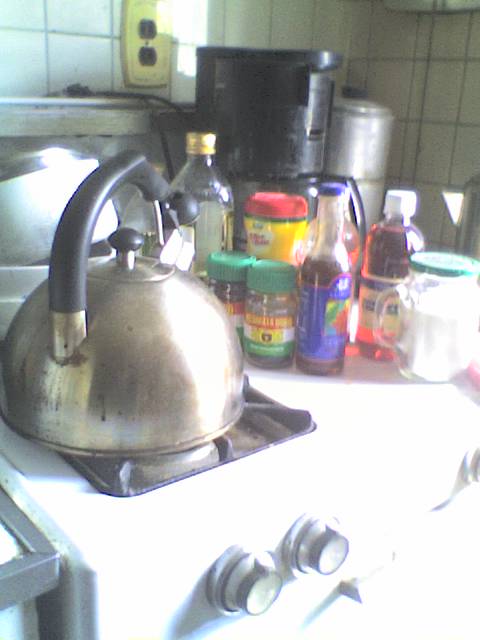One of the greatest chefs is archiving decade after decade of her works. Diana Kennedy, a contemporary of Julia Child and the chef who introduced Americans to true Mexican food is packing up her endless array of recipes and cookbooks. The University Of Texas at San Antonio will be the lucky recipient of not only her dishes but of her collection of 19th Century Mexican cookbooks. It will be a bonus to any culinary major studying at the school.
Tejal Rao, an impressive chef in her own right, conducted the interview with the English born Ms. Kennedy for today's New York Times Food section.It wasn't that long ago when Ms. Kennedy
was out on the road in her pick up truck to research recipes. Mind you she is ninety-six and she has two artificial hips.Her attitude is no nonsense British, having been born in Loughton Essex, and even chastised Ms. Rao for wanting snacks on the trip.She is ferocious, brilliant and uncompromising and
has been described as prickly (another Brit chef and cookbook writer, , Gordon Ramsey comes to mind with those descriptions)). Living in Mexico has her keeping a 25 caliber pistol under her pillow. She didn't start out here. After the Second World War, she emigrated to Canada in
1953, then to Mexico in 1957. She met her husband, Paul Kennedy ,a foreign correspondent for The New York Times during a trip to Haiti. Theirs was a powerful relationship , only to be cut short a decade later when he died of cancer. They moved to Manhattan so he could receive better medical treatment.
After her husband's death, Ms. Kennedy taught Mexican cooking classes out of her New York apartment. The famed New York Times restaurant critic, Craig Claiborne attended one of those classes. It was centered around a Yucatecan dish of papadzules. He wrote about it in The Times, listing several Manhattan shops where readers could find sour oranges and fresh cilantro, along with pepitas so home chefs could make their own pumpkin seed oil. Editors in New York, encouraged her to write a Mexican cookbook - a rarity in those days, Yet how could she do that without reporting it properly without contextualizing the recipes. To her they weren't just lists of ingredients and steps but much, much more. They were crucial , regional histories and socio-economic documents, records of ecological diversity. She sat with families and recorded their recipes with a dogged , journalistic approach. This is what makes her collection so valuable. There are not just dishes written down but notes, carefully organized by Mexican state and year. Rightly she feels that cookbook writing is undervalued , considering the amount of work that goes into it.
Diana Kennedy is leaving a valuable gift and lessons to future culinary students at the University of Texas. Her collection is a rare gift inside regional Mexican cooking. May it be followed and enjoyed , along with being parsed and studied for decades to come.
Wednesday, May 22, 2019
A Trailblazer's Cookbooks
Subscribe to:
Post Comments (Atom)




No comments:
Post a Comment